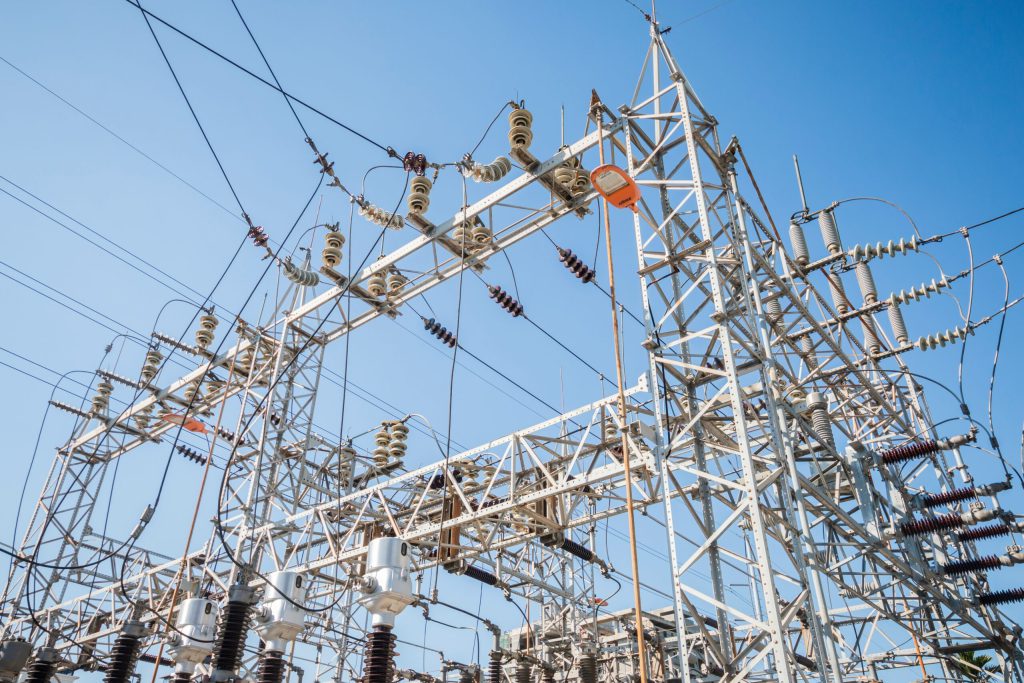One out of every five people on earth have no access to electricity and in Africa the situation is particularly concerning. In Sub Saharan Africa there are over 600 million people that live without access to grid electricity. More worrying, is that this number is expected to increase to 700 million people by 2030. One Wisconsin based startup, NovoMoto, is hoping to make a difference starting with one of Africa’s most energy neglected countries, The Democratic Republic of Congo (DRC). According to the company’s website, The DRC is home to the third largest off-grid community in Sub-Saharan Africa with only 6% of the country’s 75 million person population being connected. In urban regions 30% of people in DRC have grid electricity but in rural regions this is at most 1%. According to Aaron Olson, a graduate research fellow at the University of Wisconsin Fusion Technology Institute and the co-founder of NovoMoto, “The average Congolese household spends $22 a month on kerosene lamps inside their home and charging their cell phones”. He also explains that this is incredibly inefficient financially as this is equal to one quarter of the average DRC resident’s monthly income. NovoMoto’s is aiming to make a difference by providing an alternative method of energy and lighting. The Madison based startup sells packages of solar panels, lamps, batteries and other equipment to villages across the DRC. The company provides a pay as you go method, enabling customers to receive the equipment upfront and then pay for it in small weekly segments over a five year period. Once the five years are up, the customer then owns the equipment completely. Considering the company only launched last year, it has already seen incredible an amount of success. It is currently rolling out the project with a group of beta customers across three villages in the DRC with the aim of serving roughly 150 clients by the end of 2017. The company has also received more than $147,000 in awards, grant funding and outside investment. Adding to the company’s success, it was recently invited to take part in gBETA. This is a free Midwest based accelerator that helps entrepreneurs with areas such as pitching, building a customer / user base and raising money from investors. The DRC might not have the sufficient resources on its own to combat this issue, but thanks to the help of this Midwest startup and support from a local accelerator, many DRC residents will have access to more energy and hopefully a brighter future ahead of them.
The Wisconsin startup bringing electricity to The Congo
By Techli
15 agosto, 2017








